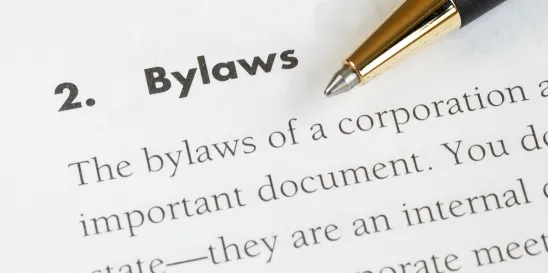Delaware Chancellor Kathaleen St. J. McCormick's decision to set aside Elon Musk's multibillion dollar compensation package with Tesla, Inc. has garnered widespread in the general and legal press. Tornetta v. Musk, 2024 WL 343699, (Del. Ch. Jan. 30, 2024). Understandably, the analyses have focused upon the Chancellor's application of the "entire fairness" standard of review and the implications for Delaware corporations.
One question that I have not seen raised is whether Delaware properly exercised personal jurisdiction over Mr. Musk. Those familiar with Delaware law will undoubtedly point to Delaware's "deemed consent" statute and note that Mr. Musk is both a director and officer of Tesla. Del. Code tit. 10 § 3114. Some, however, have questioned the constitutionality of that statute. See E. Chiappinelli, The Myth of Director Consent: After Shaffer, Beyond Nicastro, 37 Del. J. Corp. L. 783 (2013). If Delaware's "deemed consent" statute is unconstitutional, I do not know whether other facts exist that would support Delaware's exercise of personal jurisdiction over Mr. Musk.
Delaware's "deemed consent" statute generally extends to directors applies to nonresident officers and nonresident directors, trustees and members of the the governing body of Delaware corporations. SeeDelaware's Definition Of "Officer" Fails To Define "Officer". Thus, even if the statute is found to be constitutional, there would still be a question of whether the Delaware courts could exercise personal jurisdiction over a controlling stockholder who is neither a director nor an officer.



 />i
/>i

